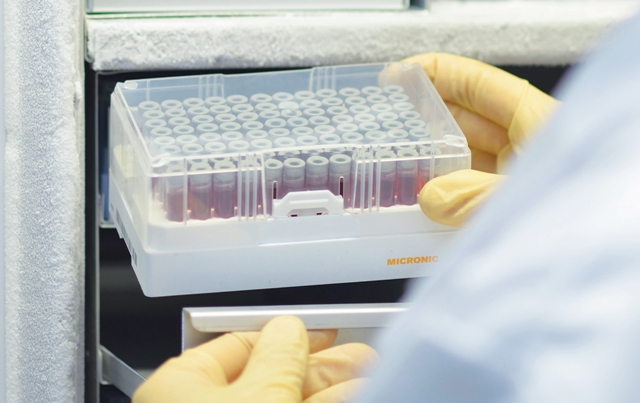Jun 18 2015
Micronic has published a technical note that describes a study in which the protein binding properties of commercially available sample storage tubes was tested.

Driven by the rapid growth in proteomics and protein research applications the need for storage tubes where interaction between the sample and the tube surface is minimised has grown exponentially. The need for storage tubes that exhibit ultra-low binding properties is critical to these research fields due to the low concentrations of proteins typically found in samples.
In the study – protein binding measurement tests were performed on Micronic polypropylene tubes (sterile and non-sterile), a competitive ‘ultra-low binding’ polypropylene tube and a polystyrene ‘medium binding’ sample plate used as a reference.
The results show that the Micronic sterile and non-sterile polypropylene tubes both exhibit very low protein binding. By comparison the competitive ‘ultra low binding’ polypropylene storage tube bound 3.5 times more protein and the 'medium binding' polystyrene plate over 56 times more protein compared to the Micronic sterile polypropylene tubes. The study concludes that using sterilized Micronic polypropylene tubes protein recovery rates are maximised and consequently protein loss is minimised.
For a copy of the study and further information on ultra-low binding polypropylene storage tubes please contact Micronic Europe on +31-320-277070, Micronic America on +1-484-480-3372, Micronic Asia on +31-320-277099 or email [email protected].
Micronic is a leading global supplier of secure sample storage solutions to Biobanking and laboratory facilities. Dedicated to the design and production of innovative sample storage solutions for almost 30 years, Micronic is uniquely able to offer laboratories the expert advice to help them safeguard one of its most valuable assets - its samples. Guided by its ethos of open communications – Micronic welcomes feedback and comments from its customers.